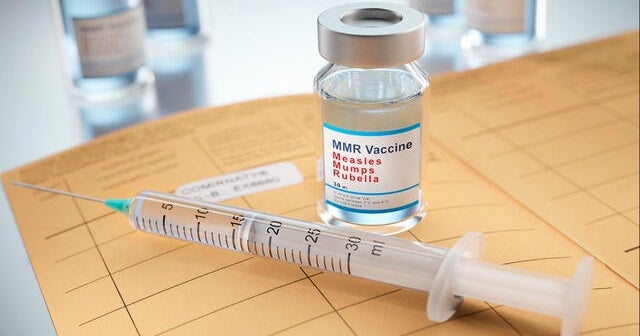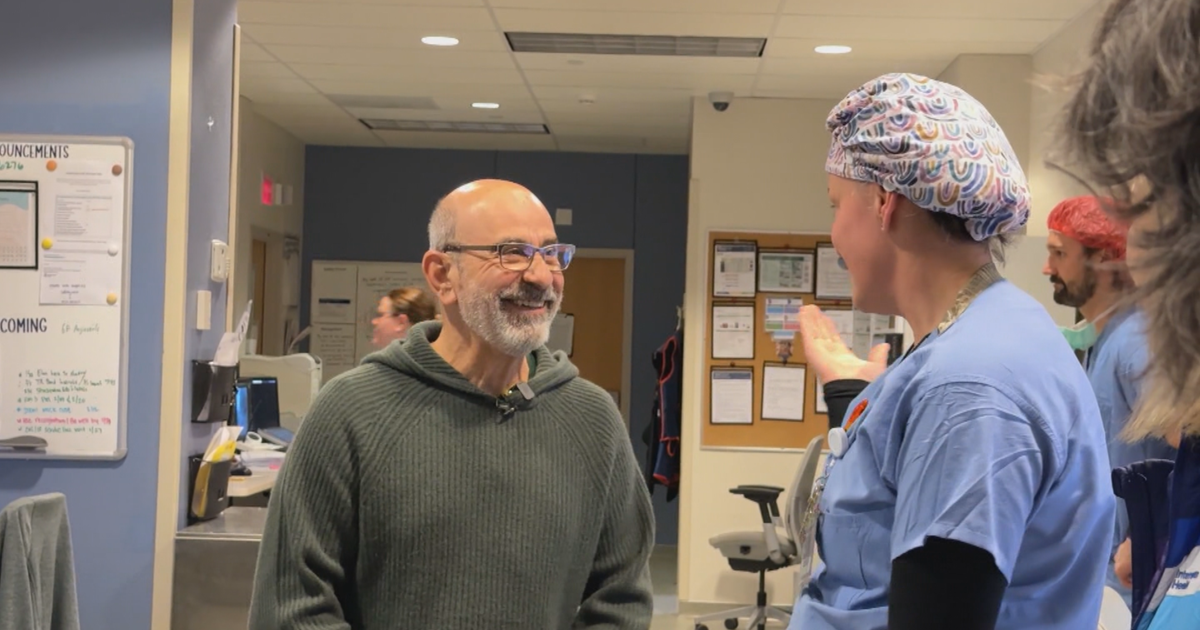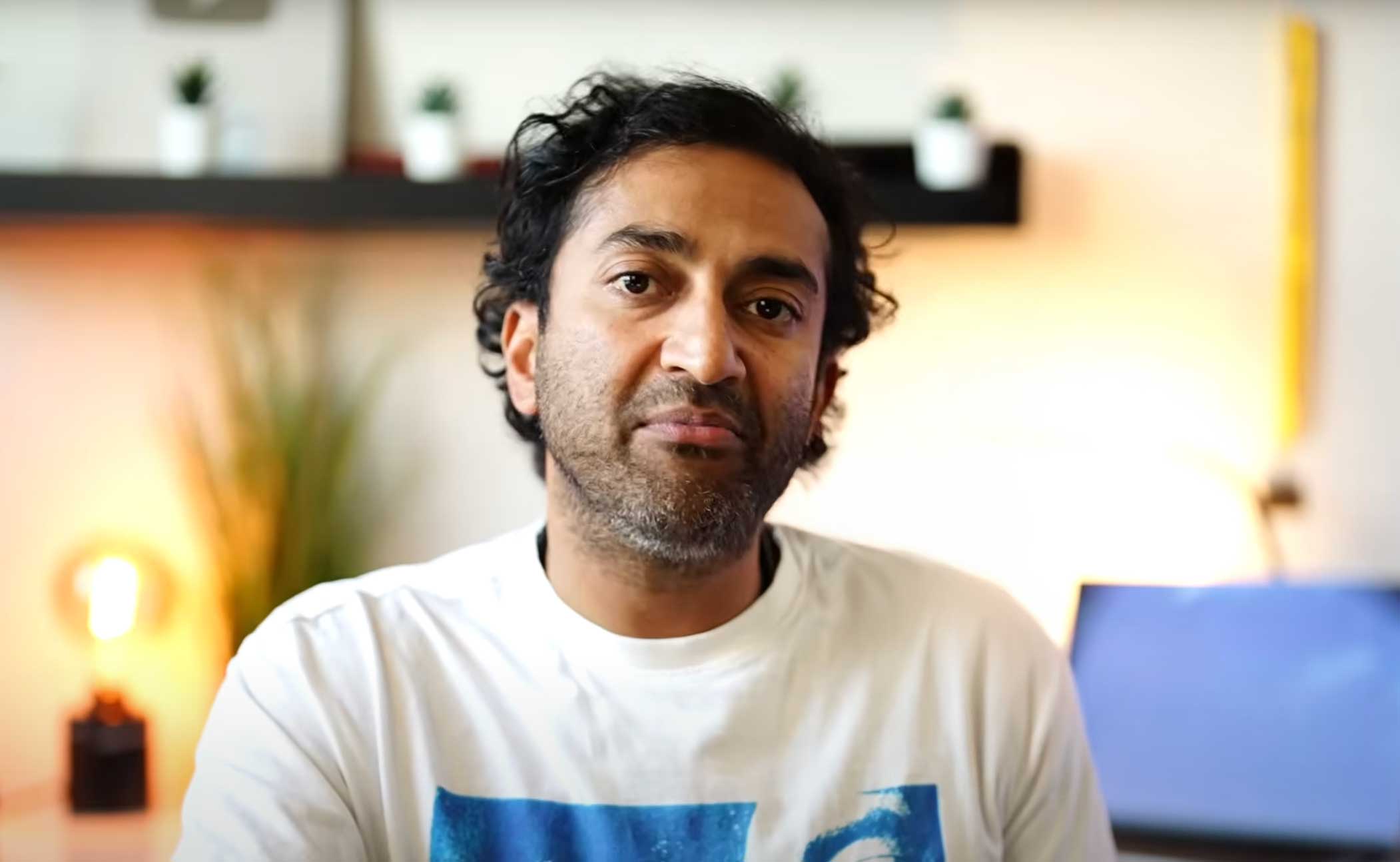Adults who were vaccinated in the 1960s may need a measles booster
Some adults who were vaccinated against the measles in the 1960s may only have partial immunity. CBS News' Dr. David Agus explained on "CBS This Morning" Friday why people who were vaccinated from 1963 to 1968 should see their doctor about potentially getting a booster shot.
"Starting in 1963 we started vaccinating," Agus said. "The first five years of the vaccine -- some batches of it were not very good. None of us really know which batch we got."
"So you can either go to your doctor and say, 'Draw a blood test and see if I have a high enough level,' or just get the shot," he said. "By the way, it's a lot cheaper to just get the shot. So people who were vaccinated from 1963 to 1968 -- that needs to happen."
According to Agus, those who were born before 1957 were most likely exposed to measles, meaning 95-98 percent of them have enough antibodies to fight the disease. From 1968 to 1989 doctors gave only one shot, meaning immunity among those people may be a little lower than those who received two shots.
"And so the argument is: if you're going to a foreign country, if you're potentially going to college -- which obviously those people are probably not going to college now -- [or] if you live in one of the areas where we've seen measles go up dramatically, you probably should see your doctor about potentially a second shot," he said.
Agus said there is no danger in getting a booster shot, although you may get a sore arm.
The CDC has confirmed the largest number of cases -- mostly in unvaccinated children -- since measles was declared eradicated in the U.S. in 2000. Measles can linger in one's body without symptoms, putting newborns who don't have antibodies yet and are too young for a booster shot at risk. In other words, it's not just about you.
"There are parents now who are not leaving their house because they don't want to go in the subway for fear someone may cough on them or [are] not sending their kid to a preschool because somebody may have it there and they bring it home and they have an infant at home," Agus said. "This is a major problem not just for the individuals but for society as a whole that we need to pay attention to."
The measles can be particularly dangerous for adults who can develop life-threatening brain infections.
"This shouldn't happen. This was eradicated in the United States in 2000. We have to step up. This is a call to arms," Agus said. "And I think it's a watershed moment for the anti-vaxxers that hopefully they will go away."
According to the CDC and the company that makes the measles vaccine, there is no shortage of it at the moment.





